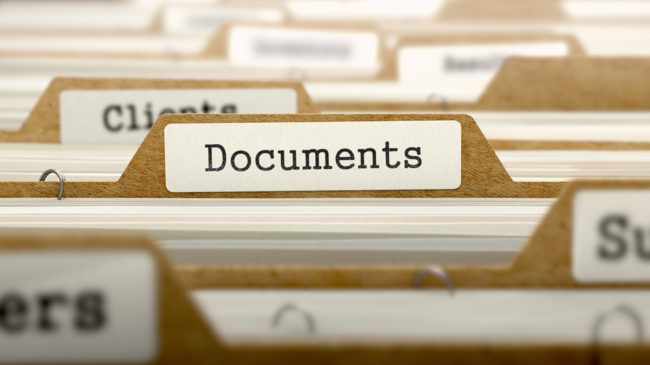We all stockpile important papers in certain areas of our home or office. Most times, those documents are old bills and pay stubs.
Don’t throw them out yet. You need to know how long to keep paystubs before you pitch them.
Holding onto pay records for a while helps you keep track of income and expenses. Having these records makes it easier to verify earnings and answer financial queries.
Not to mention, almost every economic situation—buying a house or car—requires them. When you’re spring cleaning, hold back from filing paystubs away with the dust bunnies.
If you’ve wondered how long you should keep old paychecks, read this. Learn here as we discuss five tips on why you need to hold on to pay stubs for a while.
1. Accuracy of Income Dictates How Long to Keep Paystubs
Most employees know how much they make per hour, so they don’t inspect their paystubs. If they have direct deposit, they’re more aloof as to what’s spelled out on them
Moreso, technology allows business owners to use programs like thepaystubs.com. Owners and employees can print paystubs at will. So the stress of receiving a physical check isn’t a worry as long as the money hits the bank.
You need to know the accuracy of your income.
Your net pay is not your gross pay. Paystubs list deductions that come out of your hourly gross, paying you what’s left.
When you know your gross, you can qualify for better financing options for a house or car.
2. Tax Time
Waiting on a W-2 is like waiting for it to snow in Florida. Every employer has their own timeframe for mailing them out.
Meanwhile, you have financial deadlines you’d like to meet with your tax return. You can get a jumpstart on your tax return with some of the information on your last paystub.
Once your W-2 arrives, it’s a matter of verification and plugging in additional information.
3. 1st Year Shred
Most of the time, it’s safe to do away with paystubs after one year. However, that’s assuming you receive a W-2 every year from an employer.
W-2s tally all your paychecks into one statement at the end of the year to report to the IRS. There’s no need to hold on to 12 paychecks when you have a conclusive financial statement.
It’s safe to shred at this point.
4. Freelance Records
If you’re a freelance worker, you don’t have access to a W-2 unless you supplement with a part-time job. In this case, you rely on self-generated paystubs to keep track of your monthly earnings.
When it comes down to verifying income or doing taxes, you should keep records longer. For example, if you’re looking to buy a home, some lenders look back two years for income.
5. 7-Year Theory
If you make a major error on your taxes, the IRS can go back six years to rectify it. For this reason, if you handle your paperwork, follow the 7-year theory.
Keep all your financial documents, paystubs included, on file for at least seven years. If you can store them digitally, do so. That makes for easy reference when you need to pull a file right away.
Don’t Chuck Your Paystubs
There are many different theories on how long to keep paystubs. You have to do what works for you.
If you have a professional who keeps perfect records for you, this isn’t a worry. If not, hang on to them a little longer to protect yourself.








